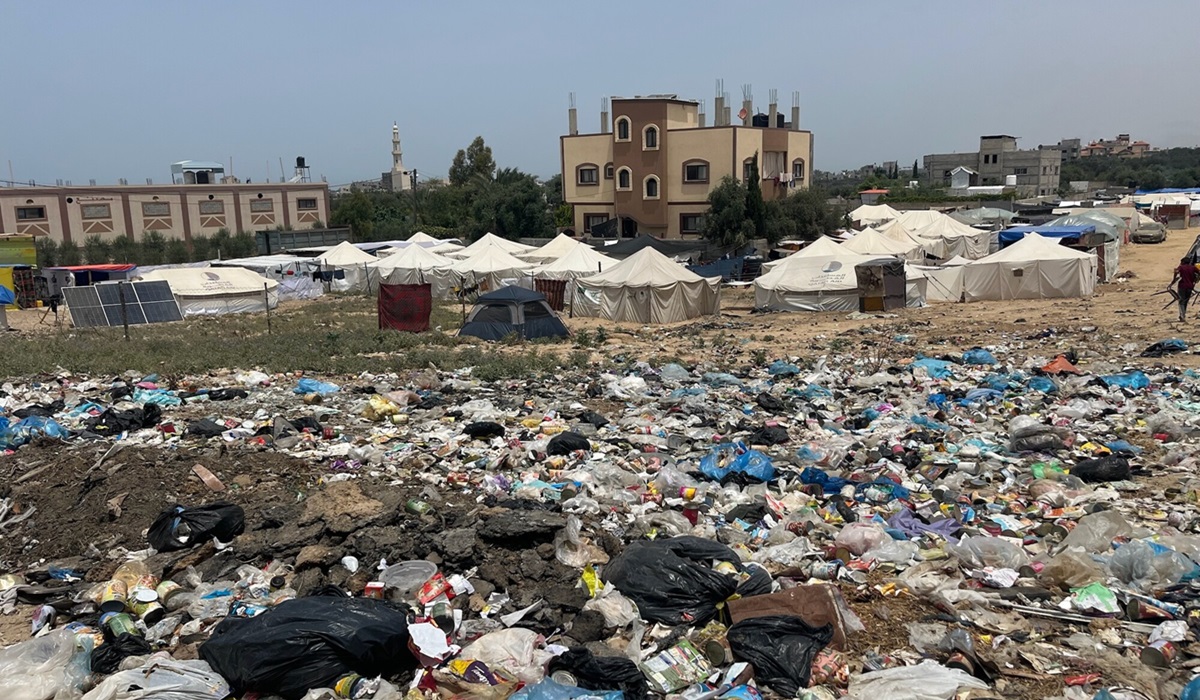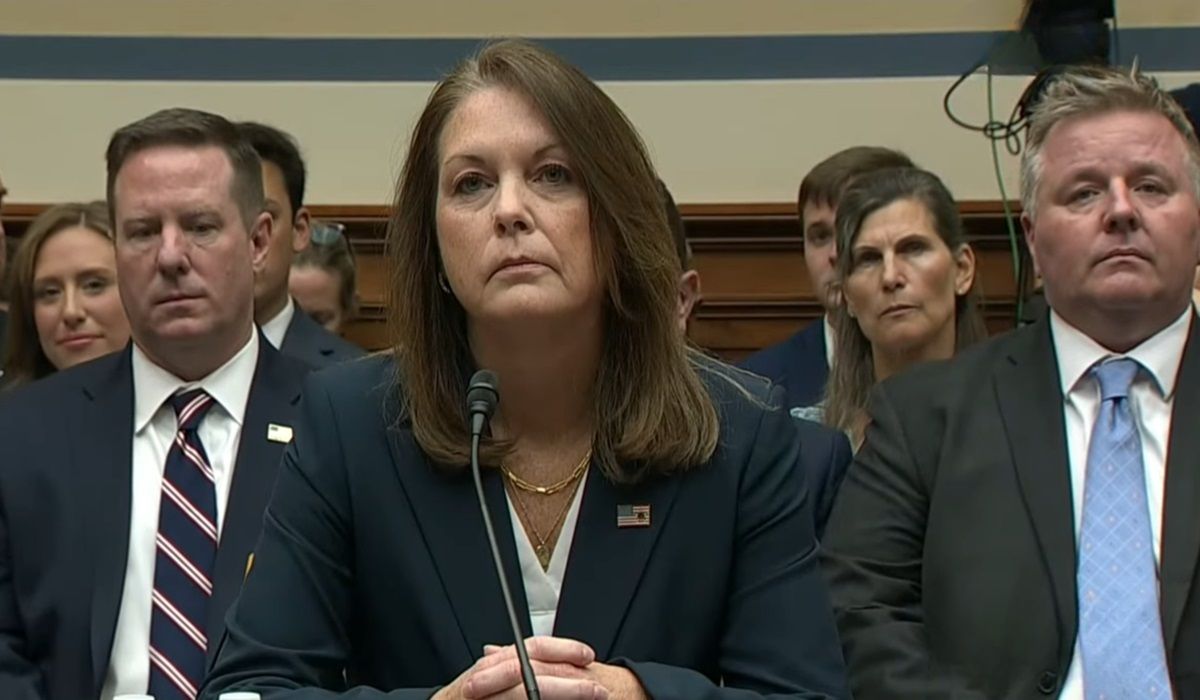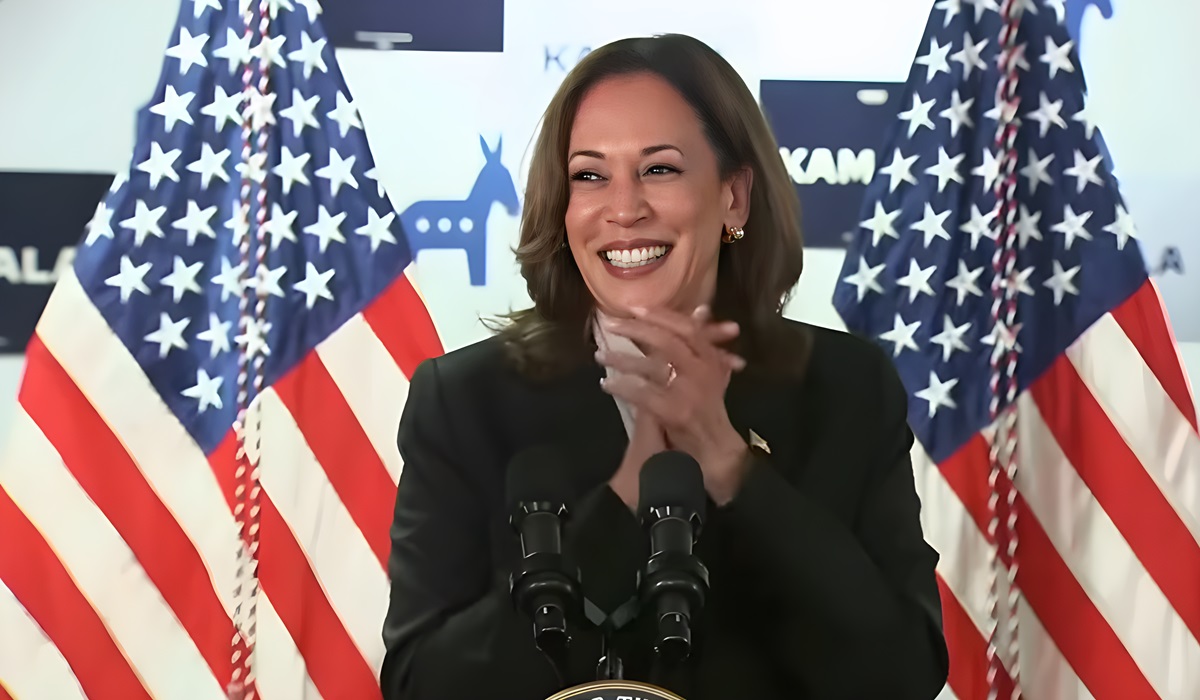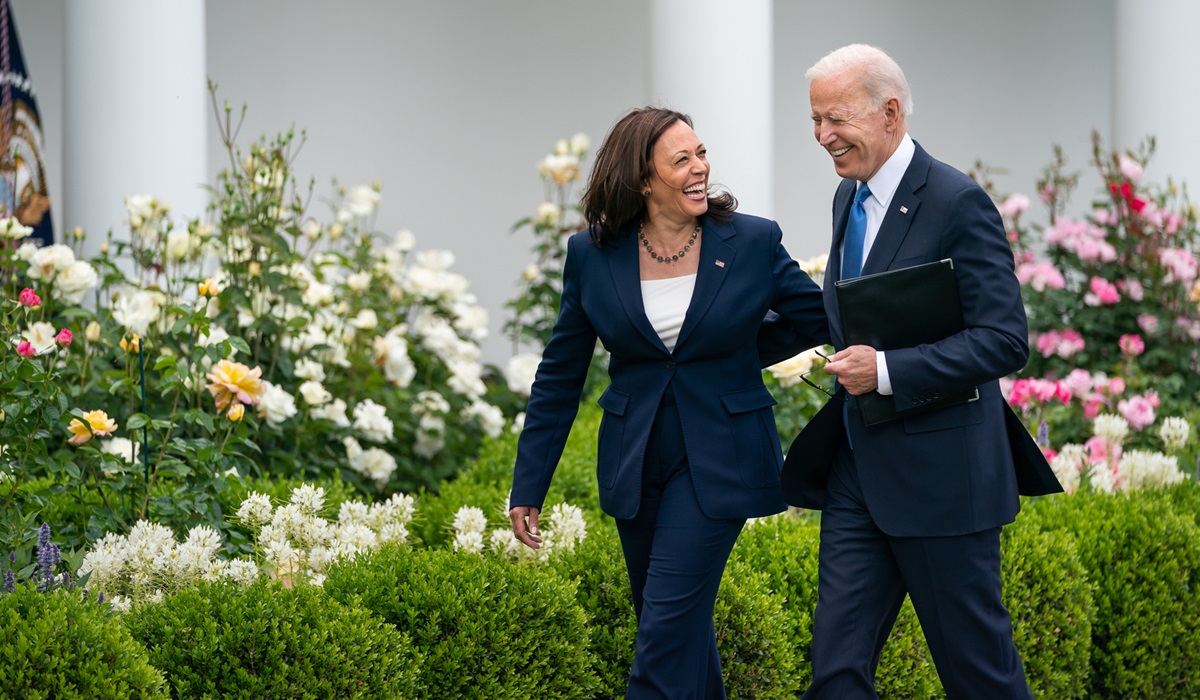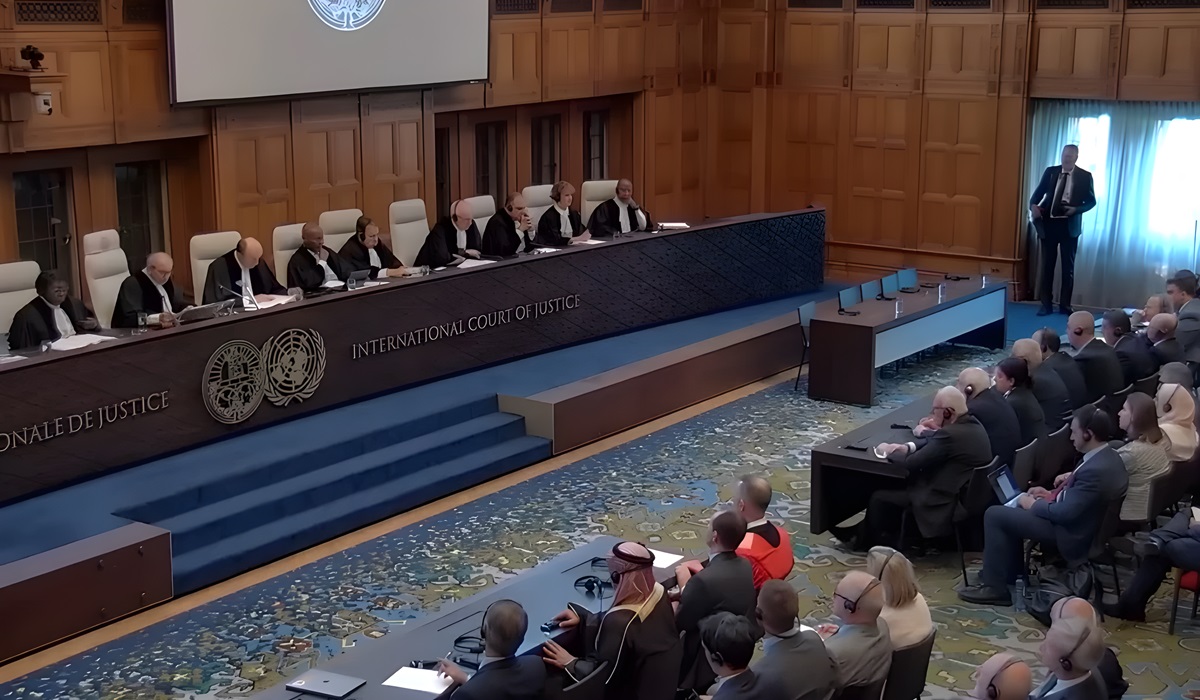Hegemony: The Modern-Day Trope Claiming To Be National Security
- TDS News
- Breaking News
- December 14, 2023

In the current political landscape, “National Security” has become a catch-all phrase, invoked for many reasons that often extend beyond genuine security concerns. This trend raises questions about the authenticity of such claims and whether they serve as a smokescreen for ulterior motives. At the heart of this issue lies the concept of hegemony, where the powerful wield influence for their benefit, often at the expense of truth and democracy.
Hegemony denotes the dominance or control exerted by a group or nation over others. This influence encompasses economic and military power and the capacity to shape narratives and control information. In international relations, powerful nations may utilize their way to achieve strategic goals, often cloaked under the pretext of safeguarding their interests.
There continues to be a heightened and noticeable surge in using “National Security” as a rationale for various actions, such as sanctions or product bans. Elected officials entrusted with safeguarding the interests of their constituents have been quick to deploy this powerful phrase to advance agendas that may not necessarily align with genuine security concerns.
The tale of the boy who cried wolf is a poignant metaphor for the current political discourse around hegemony and economic concerns. Instances where that term is invoked without merit or accuracy risk desensitizing the public and eroding trust in the credibility of such claims. A clear example is the recent controversy surrounding US Senator Rick Scott’s allegations against garlic from China being sewage affiliated, later debunked by McGill University.
Misusing the National Security trope prompts important questions about the motivations behind such declarations. Are elected officials genuinely acting in the country’s interest, or are they serving the interests of specific companies or organizations? Political considerations, such as gaining favor with constituents or climbing the political ladder, may also play a role.
When those words are invoked as a political tool, it undermines the democratic principles that form the foundation of many nations. The deliberate manipulation of public sentiment for political gain weakens citizens’ trust in their elected officials and the institutions designed to protect their interests.
While legitimate public safety concerns exist globally, the overuse and misuse of the term National Security for political ends dilute its meaning and impact. The erosion of trust in institutions and elected officials poses a significant threat to democracy. Citizens must remain vigilant, questioning the motives behind claims of unsubstantiated security concerns. They have and demand transparency to ensure that the term is not wielded recklessly for political gain. Only through a commitment to truth and accountability can the integrity of national security discourse be preserved in the face of hegemonic influences.




